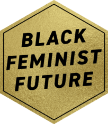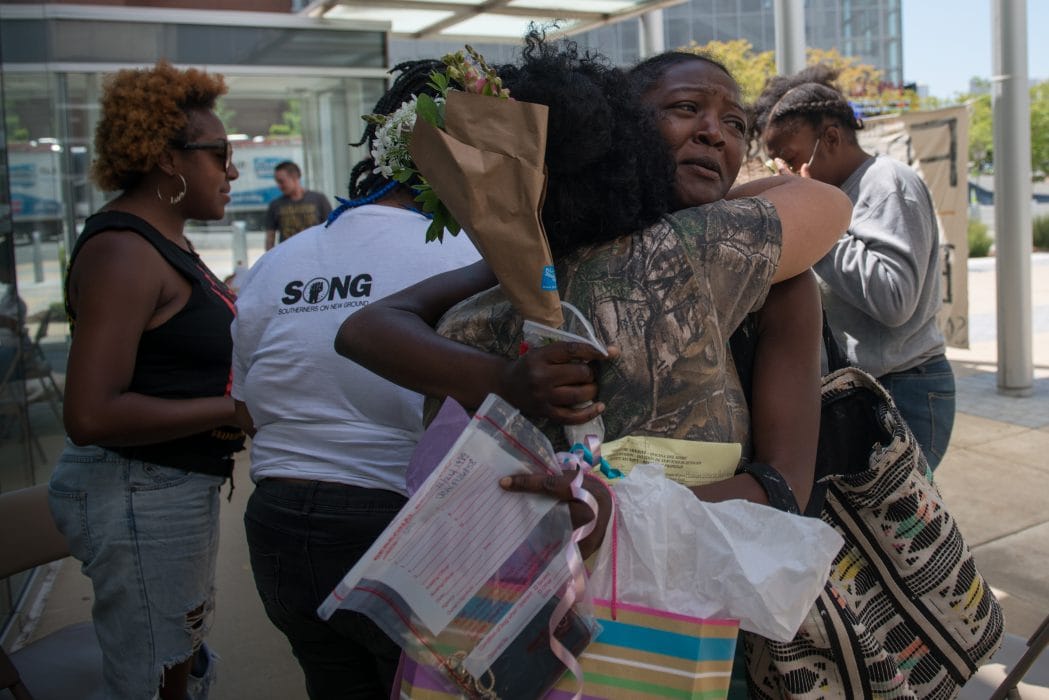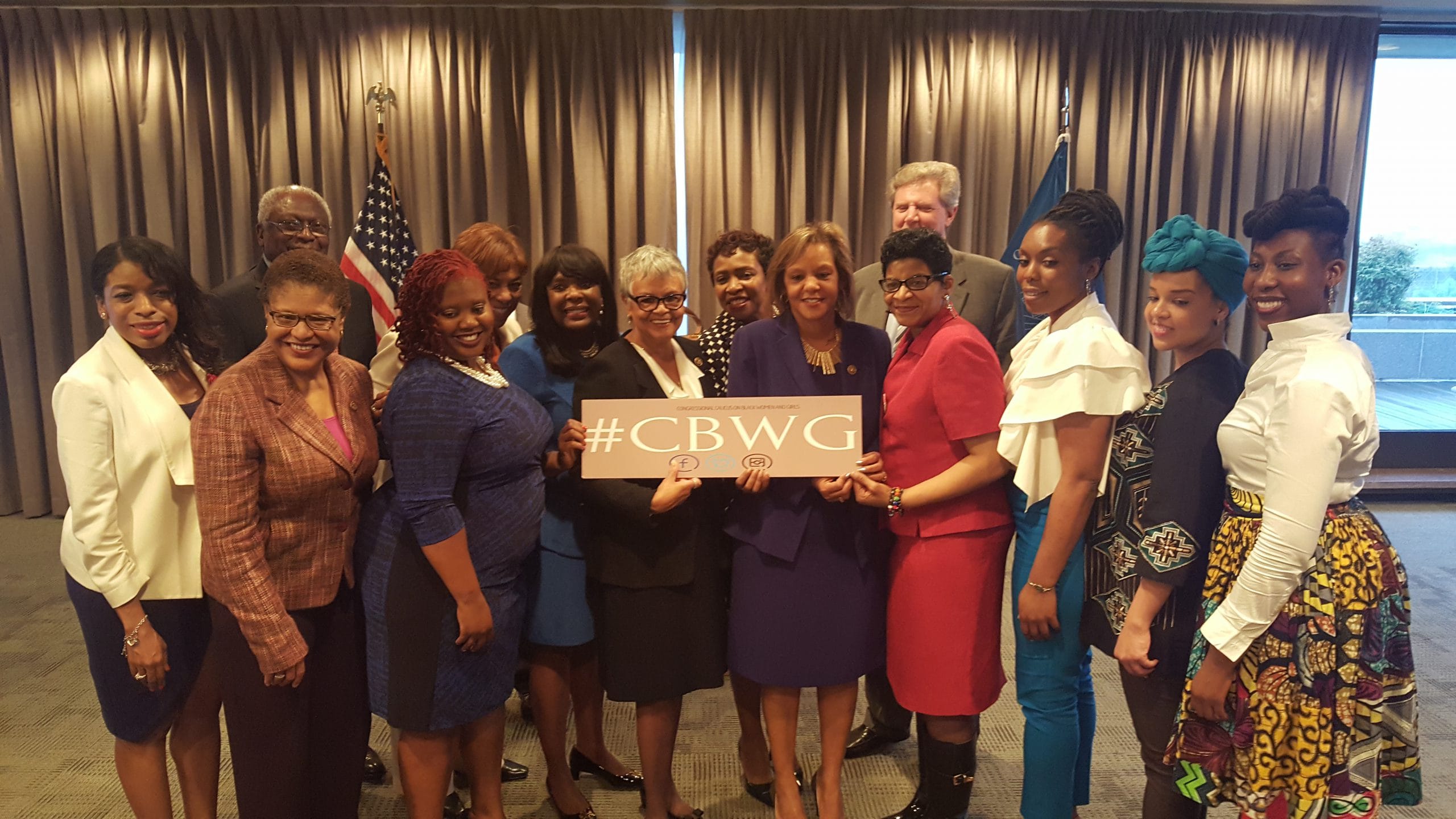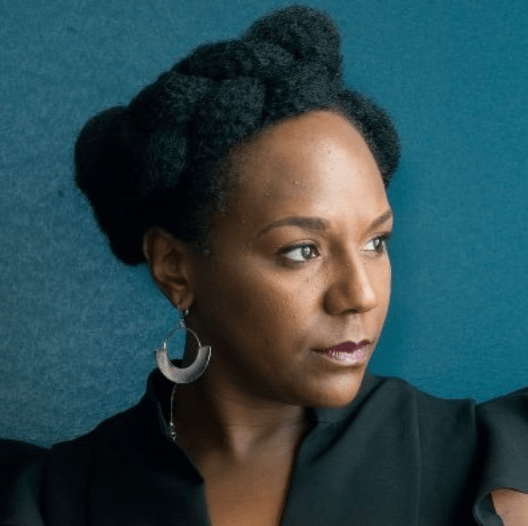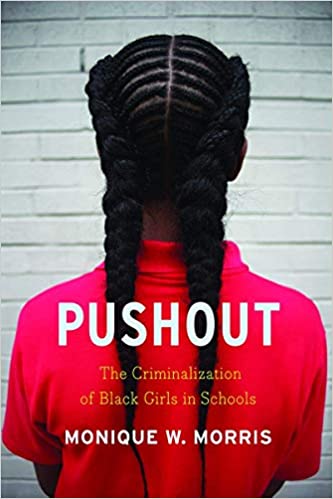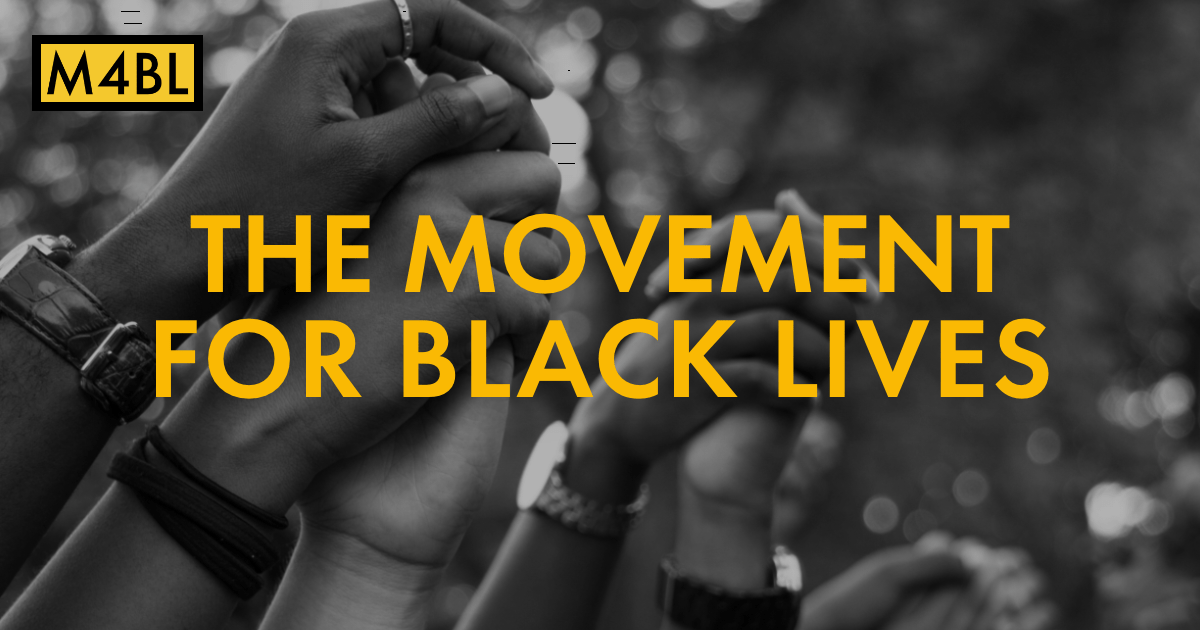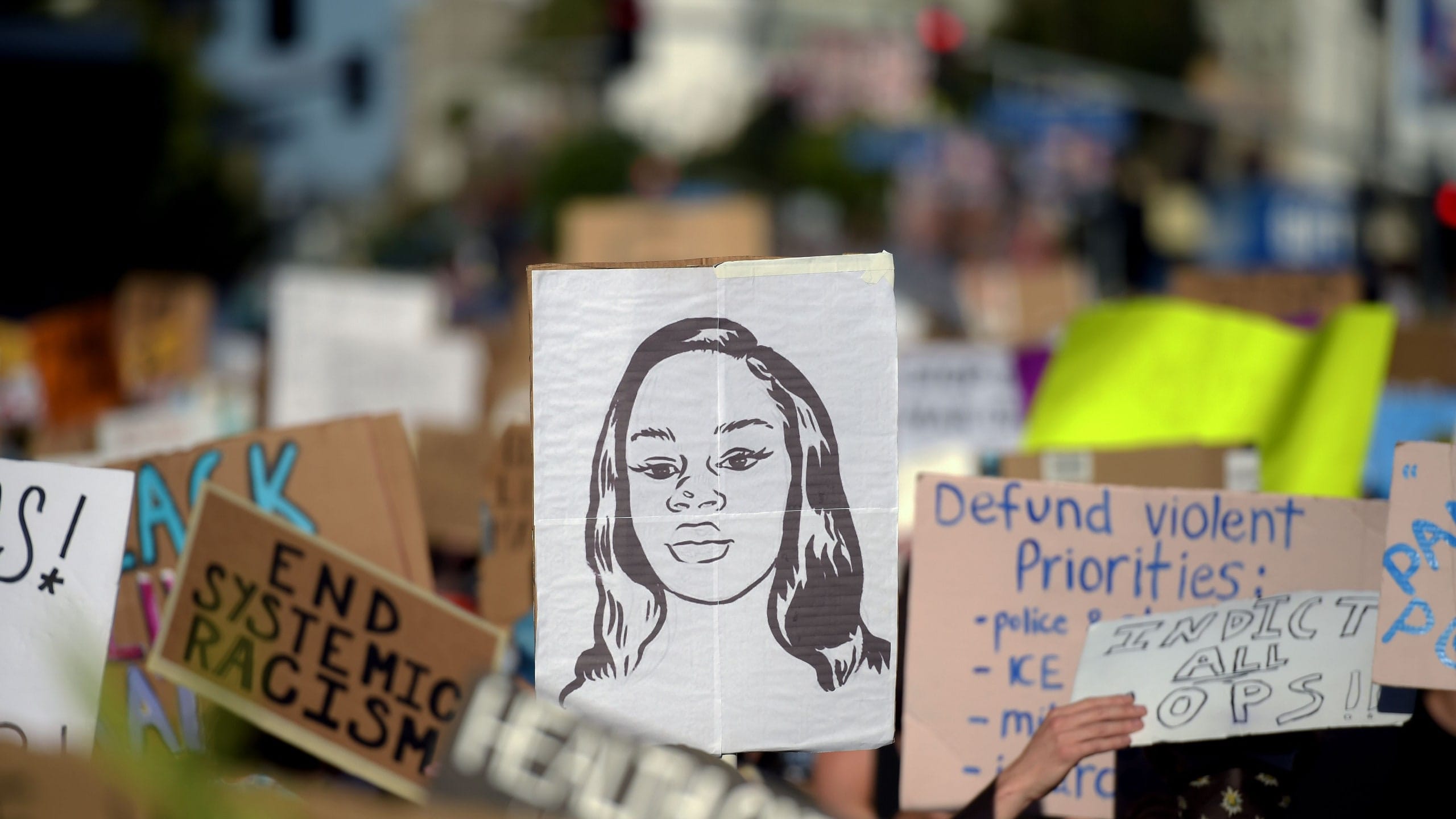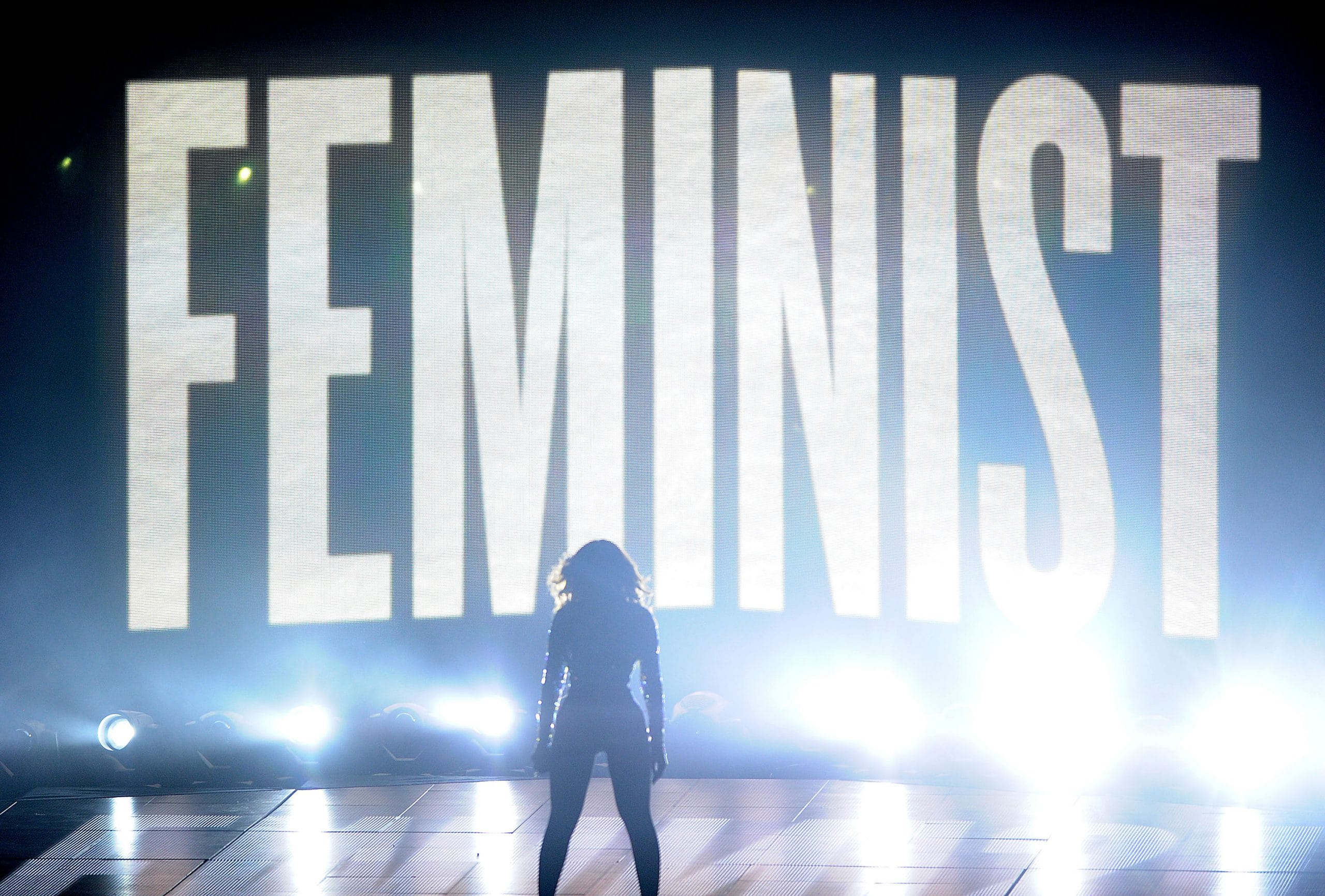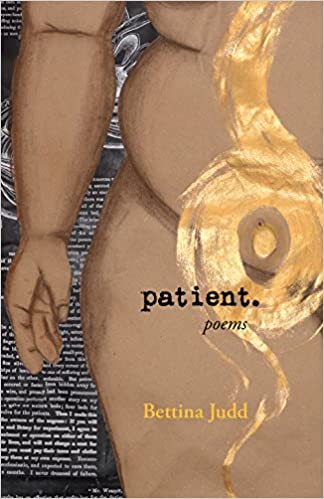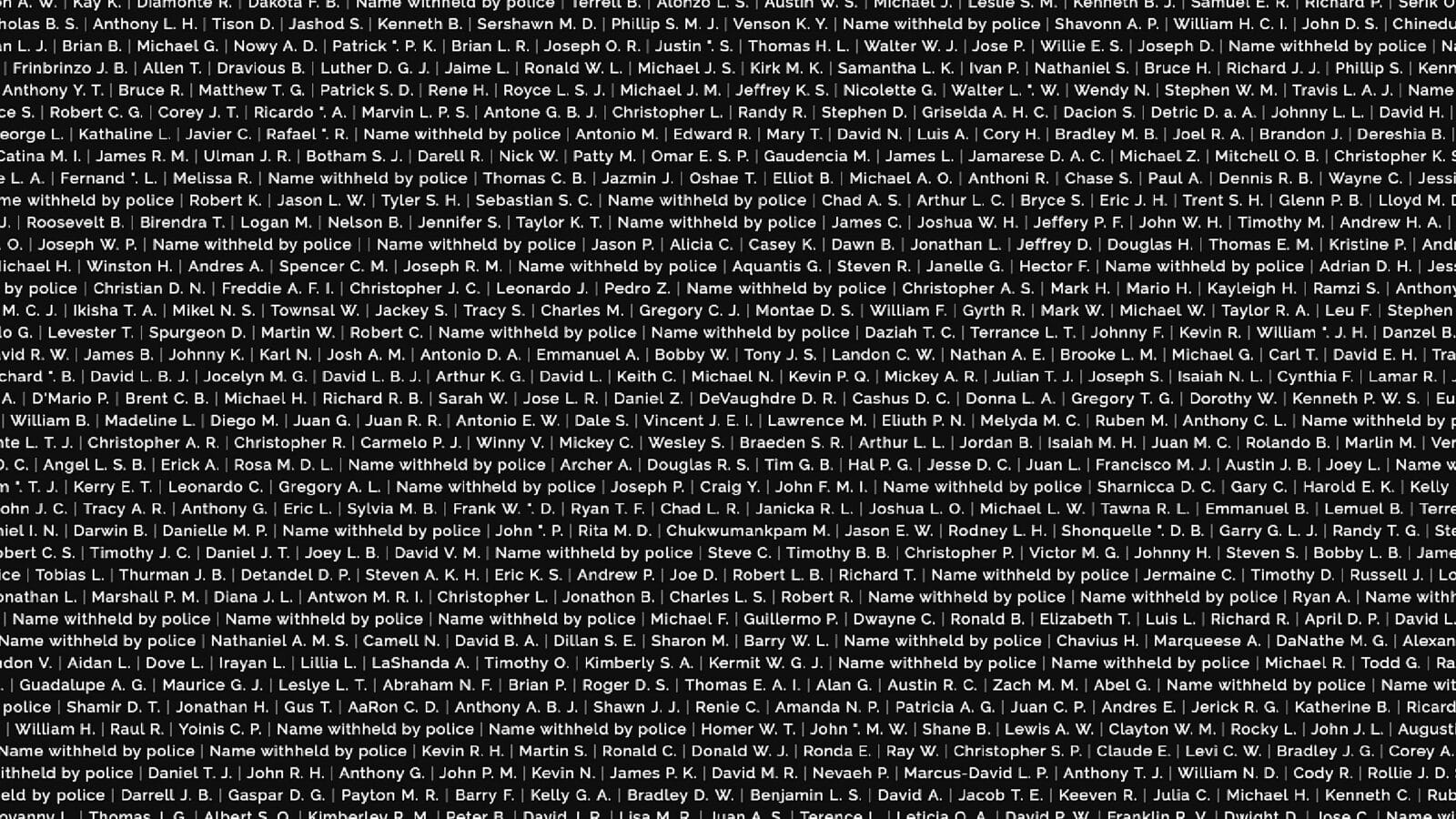Black Mama’s Bail Out began in 2017 with an invitation from Mary Hooks, the former co-director of Southerners on New Ground (SONG), who invited a small group of organizers to join a tactical mass bailout. From an invitation, it has grown into a campaign led by the National Bail Out Collective to bail out Black mamas and caregivers from jails and migrant detention centers across the country every year before Mother’s Day.
Author: developer
Black Women’s Truth and Reconciliation Commission
Spearheaded by Black Women’s Blueprint and survivors of sexual violence, the Black Women’s Reconciliation Process was a five-year effort that involved activism, healing, and research on the atrocities that Black women, past and present, have endured without acknowledgment or accountability. In May 2016, Black Women’s Blueprint hosted the Black Women’s Truth and Reconciliation Commission, which was the first of its kind in the U.S. to focus on the sexual violence that Black women have experienced.
The Congressional Caucus on Black Women and Girls
In 2016, the Congressional Caucus on Black Women and Girls was founded to ensure that issues important to the wellness of Black women and girls were prioritized. The caucus was inspired by the #SheWoke Committee, which organized for the protection of Black women in the wake of the murder of Sandra Bland. The co-chairs of the caucus are Rep. Bonnie Watson Coleman (D–NJ 12th District), Rep. Robin Kelly (D–IL 2nd District), and Rep. Yvette Clarke (D–NY 9th District).
Bree Newsome
Bree Newsome is an American filmmaker, musician, speaker, and activist from Charlotte, North Carolina. She is well-known for her act of civil disobedience on June 27, 2015, when she was arrested for removing the Confederate flag from the South Carolina state house grounds. The resulting publicity put pressure on state officials to remove the flag, and it was taken down permanently on July 10, 2015.
Pushout, by Monique W. Morris
“Pushout” refers to a process whereby arising from factors such as discrimination and punitive discipline whereby students are either excluded from class or forced to leave the school entirely. In Pushout: The Criminalization of Black Girls in Schools, Monique W. Morris describes how Black girls are disproportionately pushed out of schools and into “unstable and often unsafe futures.”
The Movement for Black Lives
The Movement for Black Lives (M4BL), formed in December of 2014, was created as a space for Black organizations across the country to debate and discuss the current political conditions; develop shared assessments of what political interventions were necessary in order to achieve key policy, cultural, and political wins; and convene organizational leadership in order to debate and co-create a shared movement-wide strategy.
#SayHerName
Launched in December 2014 by the African American Policy Forum (AAPF) and Center for Intersectionality and Social Policy Studies (CISPS), the #SayHerName campaign brings awareness to the often invisible names and stories of Black women and girls who have been victimized by racist police violence, and provides support to their families. . . . On May 20th, 2015, at Union Square in New York City, AAPF hosted #SayHerName: A Vigil in Memory of Black Women and Girls Killed by the Police. For the first time, family members of Black women killed by police came together from across the country for a powerful vigil designed to draw attention to their loved ones’ stories. The family members of Alberta Spruill, Rekia Boyd, Shantel Davis, Shelly Frey, Kayla Moore, Kyam Livingston, Miriam Carey, Michelle Cusseaux, and Tanisha Anderson were present and supported by hundreds of attendees, activists, and stakeholders.
Beyoncé Feminism
During the 2014 MTV Video Music Awards, Beyoncé performed her song “Flawless” in front of a sign that read “Feminist.” Following this performance, singer-songwriter Annie Lennox referred to Beyoncé as “feminist lite.” Lennox claimed that Beyoncé was tokenizing the movement and stated that “twerking is not feminism.” Beyoncé feminism, however, asserts that twerking can indeed be a feminist practice—there is liberation in Black women exploring the depths of their sexuality, and respectability politics will not get us free.
Patient: Poems, by Bettina Judd
“In Patient Bettina Judd beautifully (and horrifically) draws on historical evidence of 19th-century medical experimentation on Black women, scholarly explorations of the body and the archive, and personal medical history. The result is haunting in its insistence on laying bare these stories as they not only articulate experiences of the past but also resonate deeply with Black women’s experiences with the U.S. medical complex in the present.” — Elsa Barkley Brown, University of Maryland
Police Murders
Black people are disproportionately more likely to be murdered by the police than people of other races. In fact, recent research shows that Black people are 3.23 times more likely to be murdered by the police than their white counterparts. While it is impossible to list all of the names of people who were murdered by the police, some of them include: Aiyana Stanley-Jones, Breonna Taylor, Tony McDade, Mike Brown, Eric Garner, George Floyd, and Trayvon Martin.
